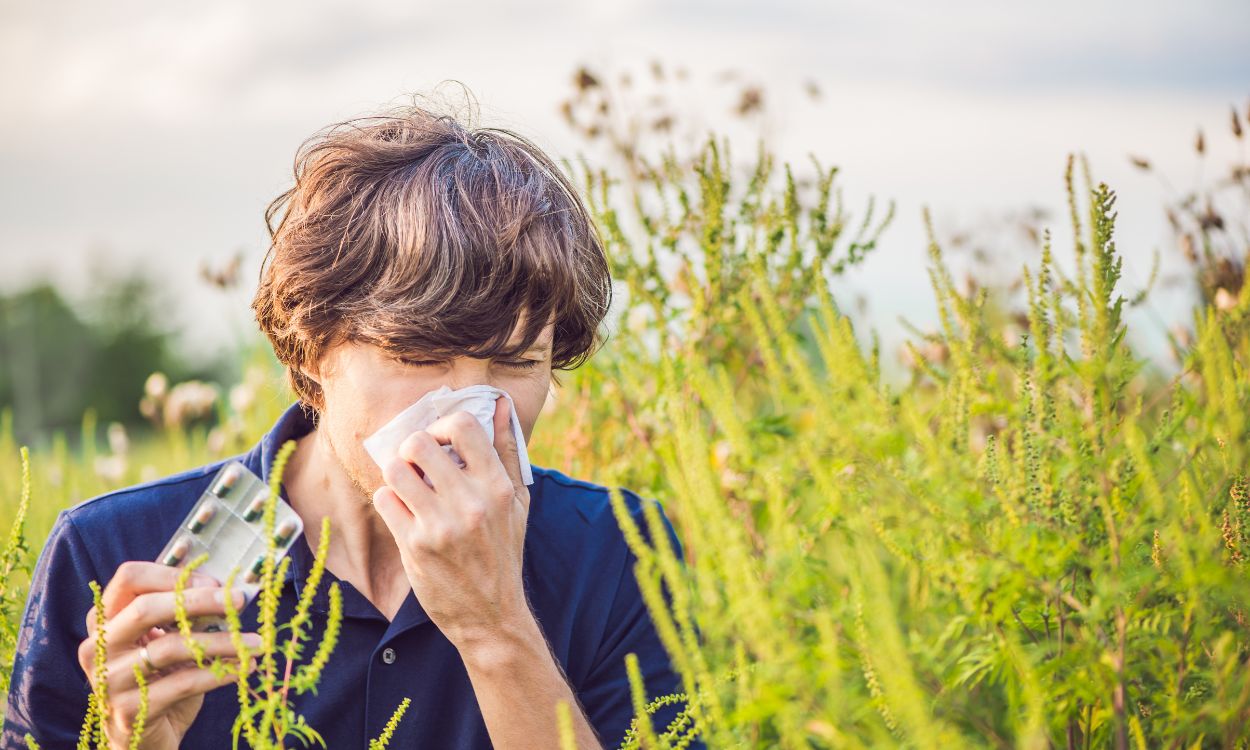Breathe Easy: First Aid Strategies for Handling Allergic Reactions to Ragweed
Ragweed is a common allergen that affects millions of people worldwide, including in India. The plant produces pollen that can trigger allergic reactions in sensitive individuals. Symptoms of ragweed allergy include sneezing, runny nose, itchy eyes, and throat irritation. In severe cases, it can cause difficulty breathing and anaphylaxis, a life-threatening allergic reaction.
If you or someone you know experiences an allergic reaction to ragweed, it’s important to take immediate action. Here are some first aid strategies to help manage the symptoms:
- Avoid exposure: The best way to prevent an allergic reaction is to avoid exposure to ragweed pollen. Stay indoors during peak pollen season, which is usually from August to November. Keep windows and doors closed, and use air conditioning to filter the air. When you go outside, wear a mask to filter out pollen.
- Rinse your nose: Use a saline nasal rinse to flush out pollen from your nasal passages. This can help relieve congestion and reduce inflammation. You can buy a saline rinse kit at a pharmacy or make your own by mixing salt and water.
- Take antihistamines: Antihistamines are medications that block the effects of histamine, a chemical released by the body during an allergic reaction. They can help relieve symptoms such as sneezing, itching, and runny nose. Over-the-counter antihistamines such as cetirizine, loratadine, and fexofenadine are available in India.
- Use a decongestant: Decongestants can help relieve nasal congestion by shrinking swollen blood vessels in the nasal passages. They are available in the form of nasal sprays, tablets, and syrups. However, they should be used with caution as they can cause side effects such as increased heart rate and blood pressure.
- Carry an epinephrine auto-injector: If you have a history of severe allergic reactions, your doctor may prescribe an epinephrine auto-injector. This device delivers a dose of epinephrine, a hormone that can reverse the symptoms of anaphylaxis. It’s important to carry it with you at all times and know how to use it in case of an emergency.
In addition to these first aid strategies, it’s important to consult a doctor if you experience severe or persistent symptoms. They may recommend allergy testing and prescribe medications such as corticosteroids or immunotherapy to manage your symptoms.
At Fitpaa, we believe that a healthy lifestyle is the key to preventing and managing allergies. Our personalized Fitpaa Capsule can help you optimize your metabolism and achieve your health and fitness goals. Our expert team of nutritionists, fitness coaches, and doctors can provide you with the guidance and support you need to live a healthy and allergy-free life. Download the Fitpaa app today and take the first step towards a healthier you!











